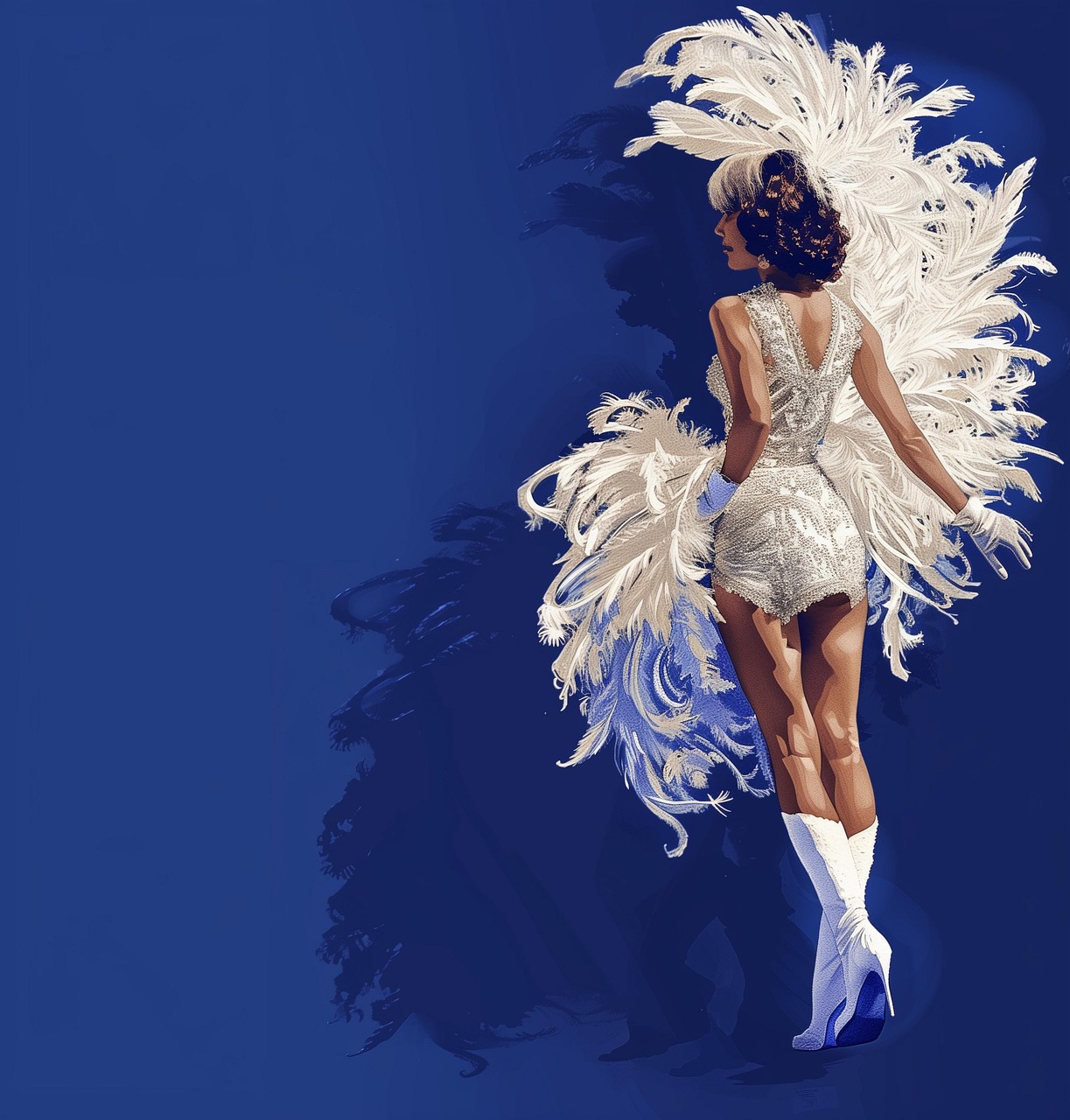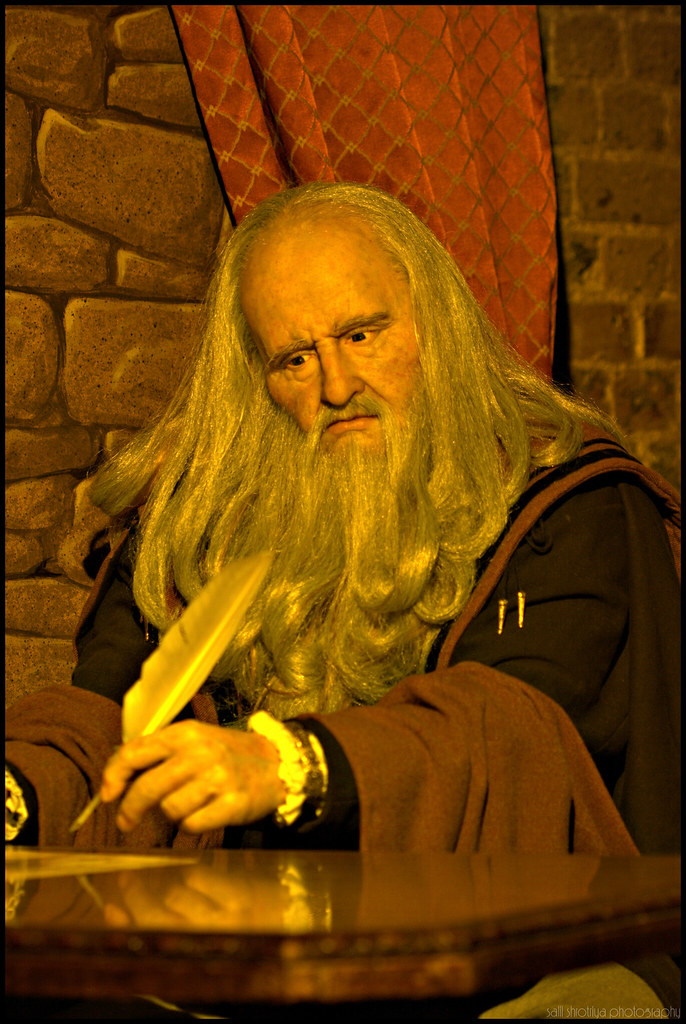
For a generation of viewers, Elizabeth Berkley was the quintessential voice of reason and ambition, the sharp-witted feminist tour de force Jessie Spano from “Saved by the Bell.” Her character resonated deeply, portraying a vibrant, intelligent young woman navigating the complexities of high school life. This breakout role positioned Berkley as a rising star, seemingly destined for a glittering career, equipped with talent, stunning good looks, and a hit show under her belt that promised an enduring place in pop culture history.
Yet, when Berkley decided to venture beyond the familiar halls of Bayside High, her journey took an unforeseen and challenging turn. Her first major feature film role, intended as a serious dramatic debut, instead became a pivotal moment that would dramatically reshape her professional path. Hollywood, a landscape often unforgiving and quick to categorize, presented her with hurdles that, for many, would have been insurmountable. The narrative of her career, often oversimplified, holds layers of complexity that warrant a closer, more discerning examination.
This in-depth exploration will unpack the significant events and industry dynamics that defined Elizabeth Berkley’s career after her initial television success. From the infamous reception of her star vehicle to the quiet strength she demonstrated in navigating a demanding industry, we trace the contours of a journey marked by both intense public scrutiny and remarkable resilience. It is a story not just of an actress, but of an individual confronting the often-harsh realities of celebrity, gender bias, and the enduring quest for artistic integrity.
1. **The “Showgirls” Shockwave: A Career-Defining Gamble Gone Awry**
Elizabeth Berkley’s transition from beloved teen sitcom star to leading lady in Paul Verhoeven’s 1995 film “Showgirls” was intended to be a bold declaration of her artistic range and maturity. She landed the coveted role of Nomi Malone, a stripper-turned-showgirl in Las Vegas, a character designed to showcase a stark departure from her wholesome “Saved by the Bell” persona. At the time, given director Verhoeven’s previous success with films like “Basic Instinct” and the critical attention Sharon Stone garnered from explicit scenes, Berkley had every reason to believe this was her ticket to becoming the next big thing. Her excitement was palpable, even playfully envisioning “Showgirls” merchandise from coloring books to breakfast cereal.
However, the film’s release triggered a seismic event that reverberated throughout her career. “Showgirls” was not only lambasted by critics but also flopped at the box office, making $37 million against an estimated $40 million budget. Director Paul Verhoeven admitted casting Berkley, whom he had never seen in “Saved by the Bell,” for her dancing ability and willingness “to show full-frontal throughout the film.” He later acknowledged that casting her in a role so drastically different from how American audiences knew her likely affected its commercial performance. This stark contrast between Jessie Spano and Nomi Malone proved to be an insurmountable hurdle for many viewers.
The public’s inability to separate Berkley from her iconic teen character compounded the film’s challenges. As the New York Daily News reported, “Nobody really wanted to see Jessie Spano as a stripper.” Combined with its rare NC-17 rating, which limited its audience, the film became an immediate cultural lightning rod. It was a spectacular stumble at the first hurdle for an actress poised for stardom, one that, as the context suggests, “practically put her on the Hollywood blacklist” despite her initial hopes for a breakout performance.

2. **The Singular Scrutiny of Her Performance**
The critical reception of “Showgirls” was overwhelmingly negative, with the film holding a meager 20% on Rotten Tomatoes and a 16% Metascore. While the entire production was widely panned, Elizabeth Berkley’s acting performance became the singular target of many scathing reviews. Critics seemed to channel their collective dislike for the movie directly onto her, dissecting her portrayal of Nomi Malone with unusual ferocity and often personal attacks.
Owen Gleiberman of Entertainment Weekly infamously remarked, “As an actress, Berkley is, to put it mildly, limited. She has exactly two emotions: hot and bothered.” Jay Boyar of the Orlando Sentinel was equally harsh, stating the starlet “possesses no detectable acting talent. Berkley keeps glaring at the camera with a peculiar intensity that I can only assume is meant to suggest great depth. What it really looked like to me, however, was that she was trying to recall which foot is left and which is right.” These reviews were just a sample of the widespread critical pile-on, leaving Berkley in a painfully exposed position.
The emotional toll of this focused criticism was profound. In 2020, Berkley confided to People, “[T]here was so much cruelty around it. I was bullied. And I didn’t understand why I was being blamed.” She later reflected on the experience in 2015, stating it was “more painful than anything you can imagine.” Despite the fact that, as the context notes, “everybody was bad in Showgirls,” Berkley, as the central figure “dancing on the dumpster fire,” was forced to fall on the proverbial sword, receiving two Razzies for Worst Actress and Worst New Star for her troubles.
Read more about: Brendan Fraser’s Triumphant Return: An Emotional Deep Dive into the Hollywood Comeback Story That Redefined Resilience

3. **The Filmmakers’ Defense and Hollywood’s Unacknowledged Sexism**
Amidst the deluge of criticism aimed solely at Elizabeth Berkley, a crucial and often overlooked aspect emerged: the filmmakers themselves came to her defense. Director Paul Verhoeven, screenwriter Joe Eszterhas, and other close sources emphatically stated that Berkley was not the problem. Verhoeven told the Los Angeles Times, “If somebody is to blame it’s [screenwriter] Joe [Eszterhas] or me. I think she did exactly what we wanted and what we thought would be good. And apparently, we failed.” He further posited that Berkley’s performance was so compelling that the public couldn’t separate her from the nearly psychotic character of Nomi Malone, suggesting the “hate towards her character…is actually a compliment to her performance.”
Eszterhas echoed this sentiment, arguing, “It would be unfair to write Elizabeth off in terms of this picture. I think people should be a little more compassionate.” A source close to Berkley added, “She’s been getting the blame for this movie and it’s so unfair. She is an innocent. Paul Verhoeven said, ‘Be this way.'” Despite these admissions of responsibility from the creative team, Berkley remained the primary scapegoat, bearing the brunt of the industry’s harsh judgment while the male director, writer, and producers largely escaped similar lambasting.
This dynamic exposed a deeply entrenched sexism within Hollywood during the early ’90s. As Berkley herself observed in 2015, “1995 was such a different time, where taking risks like that were not embraced. They were laughed at. They were shamed publicly.” In an era when a sex tape could crumble, rather than build, an empire, a woman who displayed nudity in a film was held to a different, more punitive standard. Her paltry $100,000 salary for the role, compared to Verhoeven’s $2 million director’s fee, only underscored the disproportionate burden she carried, a stark testament to the unfair power dynamics at play.
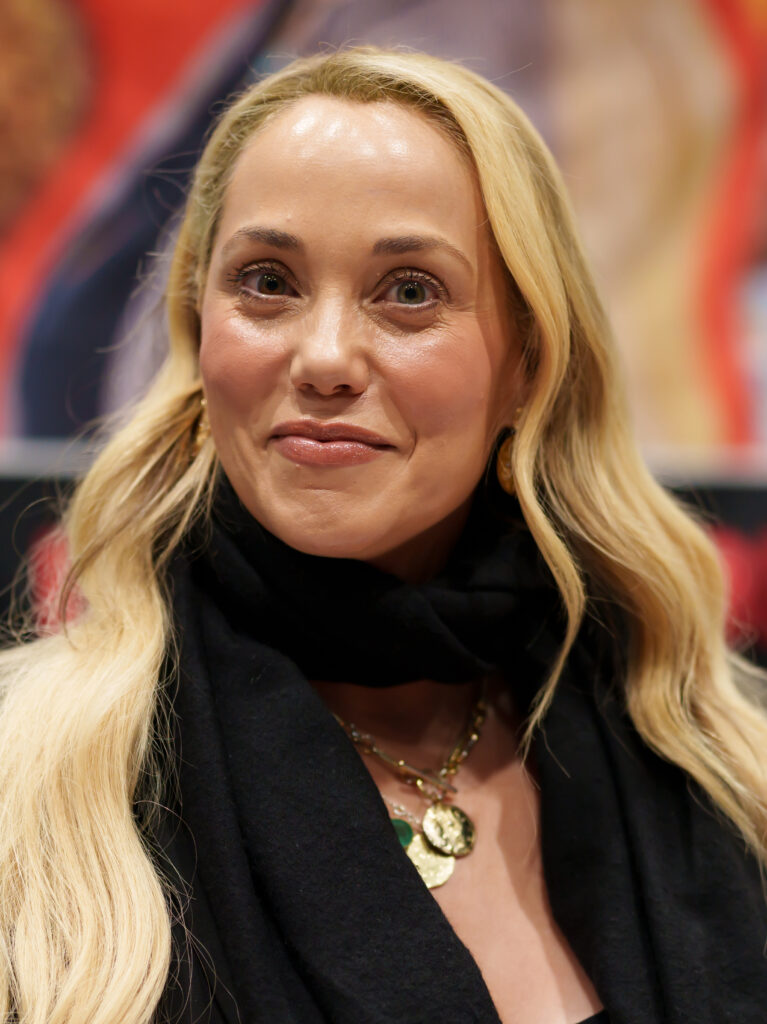
4. **Leaving “Saved by the Bell” Voluntarily: A Reputational Ripple**
Before the “Showgirls” debacle, another significant decision by Elizabeth Berkley may have subtly influenced her early career trajectory: her voluntary departure from “Saved by the Bell.” While securing a role in a hit TV show is often a career-making move for young actors, Berkley chose to leave the series before its final episodes were filmed. This decision, though not unique (Tiffani-Amber Thiessen also exited around the same time), could have created an unfavorable impression within the industry.
For casting directors and studio executives, an actor’s willingness to see out a project and be a “team player” can be a crucial factor. While the specific circumstances of Berkley’s exit had more to do with the show’s production — the series finale had already been filmed when the network ordered additional episodes — this nuance may not have been fully understood or appreciated by those in power. It’s plausible that her reluctance to complete the extended run, despite the contractual complexities, might have inadvertently impacted her reputation.
Berkley, at the time, was setting her sights on “bigger and better things,” aiming for projects that would advance her career beyond teen television. Her ambition was clear, but the optics of leaving a popular show prematurely, even if justifiable, could have created a ripple effect, potentially contributing to a perception of her that, when combined with the “Showgirls” fallout, further complicated her path in Hollywood. This early departure, while a calculated move for career progression, may have subtly contributed to the challenges she faced thereafter.
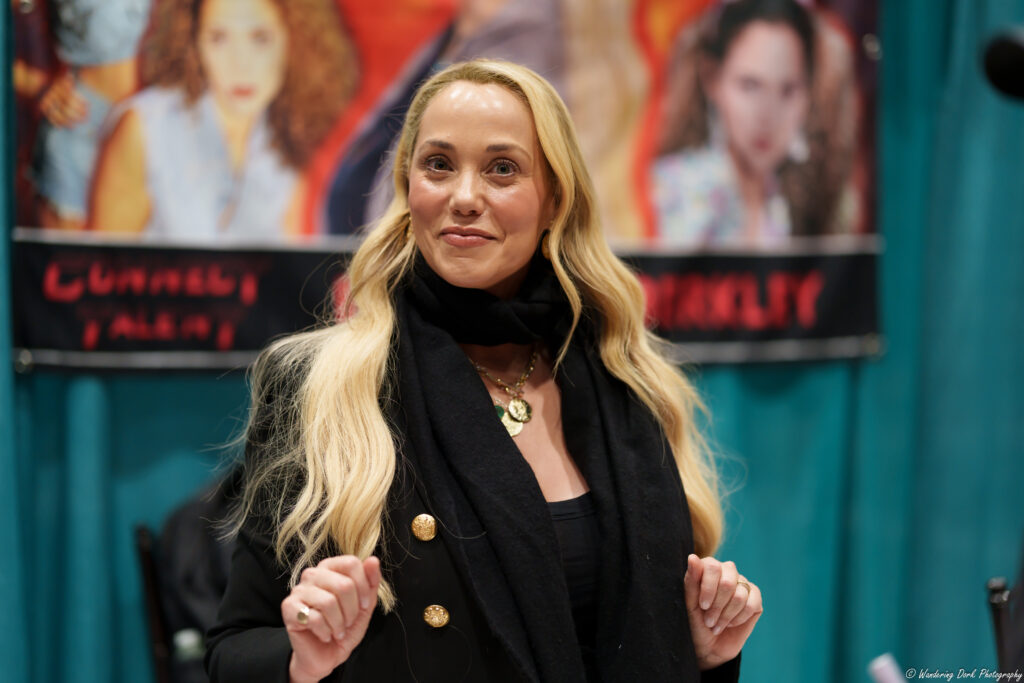
5. **A Shift to the Stage: Seeking Refuge and Respect in Theater**
Following the severe backlash from “Showgirls” and the apparent closure of many Hollywood doors, Elizabeth Berkley sought a new avenue for her performance skills: the stage. This strategic pivot to theater in the late 1990s represented a deliberate attempt to rehabilitate her career and work with respected artists, a medium often seen as a purer form of acting untainted by commercial pressures. Her foray into live performance began in 1999, co-starring with British comedian Eddie Izzard in a London production of “Lenny,” a biographical play about controversial comic Lenny Bruce.
While critics offered mixed reviews for “Lenny” overall, Berkley’s individual performance as Bruce’s stripper-wife, Rusty, garnered some positive attention. The Independent praised her as “an impressive Elizabeth Berkley,” a small but significant validation after years of harsh critiques. Though the engagement was limited to a few months, the rigorous demands of a stage schedule, encompassing rehearsals, previews, and nightly productions, likely kept her from pursuing other substantial film or television work, signaling a dedicated commitment to this new path.
Several years later, in early 2004, Berkley landed another significant stage role in the Broadway revival of Larry Gelbart’s “Sly Fox.” This high-profile production offered another opportunity to demonstrate her talent on a respected platform. However, once again, critical reception was mixed for her specific portrayal. Frank Rizzo, reviewing for Variety, stated that Berkley “mostly fails to mine the comic gold lining the script,” reducing her performance to a footnote rather than a highlight, demonstrating the persistent challenges she faced in consistently winning over critics, regardless of the medium.

6. **The Confrontation with a Critic: Challenging the “Showgirls” Albatross**
The persistent shadow of “Showgirls” continued to loom over Elizabeth Berkley’s career, even during her earnest efforts in theater. This became strikingly clear during her run in “Sly Fox” when a review by Charles Isherwood in Variety referenced her previous film, stirring deep-seated frustration. Actors rarely, if ever, directly engage critics to dispute reviews; it’s an unspoken rule, often seen as unprofessional. However, Berkley, having reached her limit with the pervasive linkage to her most controversial role, took the extraordinary step of calling Isherwood directly.
In a subsequent article for The New York Times, Isherwood recounted the unusual conversation. Berkley, with “poise and politesse,” explained that she had been diligently working to rehabilitate her career by collaborating with “respected and talented artists” and no longer wished to be associated with a movie “famed for its breathtaking awfulness” – a clear, albeit unnamed, reference to “Showgirls.” Isherwood admitted to hanging up “feeling guilty and chastened,” acknowledging that “bad movies happen to good actors all the time,” but unlike others, Berkley lacked a “reputation to fall back on.”
This bold confrontation, while personally effective in earning the critic’s sympathy and a public acknowledgment of her efforts, might have carried professional risks. As Isherwood himself noted, “the symbolic wall separating critics from actors they write about is rarely breached quite so forthrightly.” While Berkley’s desire to move beyond her past foibles was understandable, such a direct challenge to the critical establishment, no matter how justified, could have been viewed as crossing a line by some in the industry, potentially impacting future opportunities as she navigated a delicate career recovery. The battle against the “Showgirls” albatross was not just a public relations challenge, but an intensely personal one for Berkley, forcing her to directly engage with the narrative that had come to define her.

7. **The Leonardo DiCaprio Lawsuit: An Unwanted Entanglement**
Just as Elizabeth Berkley was attempting to navigate the complex and often unforgiving landscape of Hollywood post-“Showgirls,” an entirely unforeseen and high-profile legal entanglement emerged, adding another layer of complexity to her already challenging career trajectory. In 1998, two years after James Cameron’s cinematic masterpiece “Titanic” had propelled Leonardo DiCaprio to stratospheric fame, Berkley found herself indirectly involved in a lawsuit against the megastar. Her then-boyfriend, actor and musician Roger Wilson, alleged that DiCaprio had instigated a physical attack against him, born out of a perceived romantic interest in Berkley.
The incident, as reported by the New York Daily News, unfolded in a Manhattan hotel parking lot. Wilson claimed that DiCaprio, despite knowing Berkley was his girlfriend, persistently invited her out for dinner, prompting a confrontation from Wilson. He further alleged that he was then “surrounded by at least eight men as DiCaprio looked on” and was “blindsided” by the ensuing attack, which he stated caused him to suffer “a broken larynx and other injuries.” DiCaprio, for his part, vehemently denied the accusations and expressed confidence in being “vindicated in court,” setting the stage for a protracted legal battle.
The lawsuit, however, proved to be an entirely frivolous affair for DiCaprio, as his attorney, Paul Callan, would later confirm. It dragged on for six years before finally being dismissed in 2004, with Callan stating that DiCaprio was named purely because of his prominence as a celebrity. By the time of its dismissal, Berkley had long since moved on from Wilson, having married fashion designer Greg Lauren. Yet, the mere attachment of her name to such a high-profile legal dispute against one of the industry’s most powerful figures, regardless of the outcome, undoubtedly cast another shadow over her career.
Hollywood operates on intricate networks and perceptions, and even an innocent association with controversy can prove detrimental. While we can only speculate on the direct impact, it is entirely plausible that having her name linked to a sensational lawsuit involving a global superstar would not have been viewed favorably by casting directors or studio executives. Such an incident, even if ultimately unfounded against DiCaprio, could have further complicated Berkley’s already arduous journey back into the industry’s good graces, adding to the list of hurdles she diligently worked to overcome.

8. **Finding a New Voice: Authorship with “Ask Elizabeth”**
In a truly inspiring pivot that showcased her innate desire to connect and positively influence young lives, Elizabeth Berkley stepped away from the traditional acting path in 2011 to embrace an entirely different creative medium: authorship. Drawing directly from her enduring legacy as Jessie Spano, the intelligent and empathetic voice of reason from “Saved by the Bell,” she penned “Ask Elizabeth: Real Answers to Everything You Secretly Wanted to Ask About Love, Friends, Your Body … and Life in General” – a self-help book specifically tailored for adolescent girls.
The concept for “Ask Elizabeth” wasn’t born from a calculated career move, but rather from a remarkably organic and heartfelt experience. As “Saved by the Bell” found a renewed audience through syndication, Berkley noticed that more and more teenage girls began to recognize her in public, seeking her out for advice. As she recounted to Entertainment Weekly, what started as conversations with “five girls… would turn into 10, 20, and it would end up being this kind of organic, shared dialogue.” She soon became acutely aware of a significant void in how teenage girls were being served or helped with their everyday struggles, inspiring her to create something truly impactful.
Her dedication extended beyond the book itself. Berkley tirelessly conducted “Ask Elizabeth” two-hour workshops around the country, fostering open and supportive environments for young women. Remarkably, the program spread like wildfire through word-of-mouth, schools, administrators, and parents, thriving on a grassroots level without any formal press for its first two years. This period of direct engagement revealed a consistent pattern: a universal emotional journey underpinned by a recurring group of questions, even amidst diverse individual stories, which Berkley diligently tracked and categorized.
The efforts paid off handsomely, as “Ask Elizabeth” became a New York Times bestseller and garnered positive critical reception, maintaining a strong rating on platforms like Amazon. This venture proved to be a profound success, demonstrating Berkley’s ability to transcend her acting roles and utilize her public persona for genuine social good. It offered her a powerful, authentic voice and a profound sense of purpose, creating a meaningful connection with an audience that was far removed from the critical gaze of Hollywood and providing her with a different, deeply satisfying form of fulfillment.
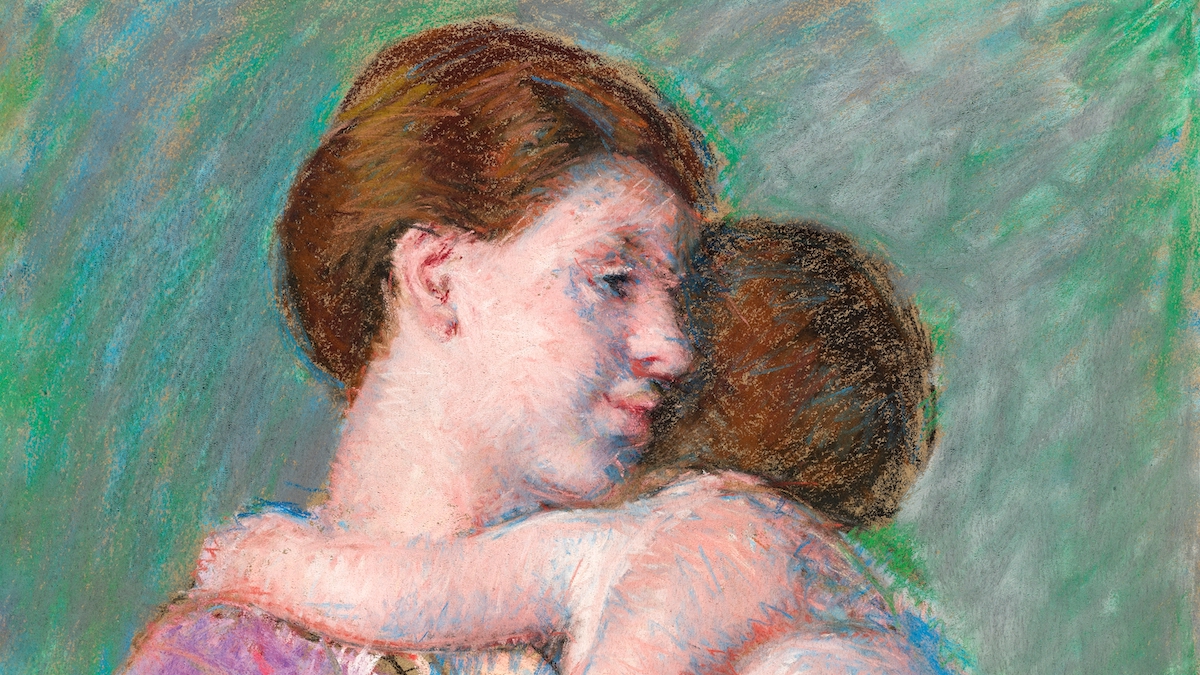
9. **Embracing Motherhood: Prioritizing Family Life Over Fame**
Amidst her continued acting endeavors and her successful foray into authorship, Elizabeth Berkley embarked on another deeply personal and transformative chapter: motherhood. This shift represented a quiet, yet profound, reordering of her priorities, perhaps aligning her with the many stars who ultimately choose family life over the relentless pursuit of fame. Her journey into this new phase began long before the arrival of her son, with her marriage in 2003 to Greg Lauren, an accomplished fashion designer and nephew of the iconic Ralph Lauren. This union connected Berkley to a prominent and established family, adding another dimension to her life beyond the entertainment industry.
In 2012, Berkley and Lauren welcomed their son, Sky Cole Lauren, into the world, marking a pivotal moment in her life. This new role brought immense joy and a fresh perspective, which Berkley openly shared with People magazine during her pregnancy. She articulated a clear sense of contentment and purpose, stating, “As an actress sometimes you get cast in a job and you have to just go. I like how this has been its own journey [and] there is time for what is the role of a lifetime.” For Berkley, the arrival of her son was unequivocally the “role of a lifetime,” underscoring her profound anticipation and commitment to this new chapter.
Following Sky’s birth, Berkley made a conscious decision to largely keep her family life private and out of the intense glare of the public spotlight. While she occasionally shares heartwarming snippets of Sky on social media, offering glimpses into their quiet family moments, her focus clearly shifted from the demands of a high-profile acting career to the nurturing and raising of her son. This intentional retreat from constant public visibility allowed her to be present for Sky as he navigated his childhood, prioritizing the intimate joys and responsibilities of family life.
This embrace of motherhood and a more private existence offers a compelling explanation for her reduced public presence in the years that followed. It suggests a deliberate choice, born not of a lack of opportunity or talent, but from a profound desire for personal fulfillment and stability that transcended the often-fleeting rewards of celebrity. In a world where many celebrities fiercely guard their privacy, Berkley’s decision to prioritize her family over maintaining a constant, high-profile career speaks volumes about her values and her journey toward finding contentment outside the traditional Hollywood metrics of success.

10. **The Bayside High Reunion: A Triumphant Return to Jessie Spano**
In a move that delighted a generation of fans and offered Elizabeth Berkley a unique full-circle moment, the beloved teen sitcom “Saved by the Bell” received a contemporary reboot in 2020, streaming on NBC’s Peacock service. This revival saw the triumphant return of many of its major cast members, including Berkley, who reprised her iconic role as the intellectually formidable Jessie Spano, alongside Mario Lopez as A.C. Slater. For fans who had followed Berkley’s career through its various turns, this reunion was a nostalgic and welcome sight, a chance to see their favorite Bayside High gang back together again, albeit in a new era.
The premise of the single-camera comedy, as reported by The Hollywood Reporter, centered on California Governor Zack Morris (Mark-Paul Gosselaar’s character) getting into hot water for closing too many low-income high schools, leading him to propose that the affected students be sent to the state’s highest-performing schools, including Bayside High. Berkley, who not only returned to act but also served as a producer for the Peacock project, expressed palpable excitement on Instagram, exclaiming, “I’M SO EXCITED…. here we gooooo!!! @mariolopez…. are you ready for grownup Jessie?!” She further shared her enthusiasm for the collaboration, stating, “Jessie and Slater are back for more fun. We are thrilled to have Emmy winning 30Rock writer @TraceyWigfield bring the sequel to life on NBC/Universal.” She also told Collider that the timing of the show’s release was particularly “fortuitous” for bringing “fun and joy” during a challenging period.
Despite the initial enthusiasm and the genuine chemistry between the returning cast members, the reboot was not destined for long-term longevity. After just two seasons, the series was canceled, leaving fans and cast members alike disappointed. Mark-Paul Gosselaar publicly expressed his sadness on X (formerly Twitter), noting, “So disappointed by this news. So many talented individuals in all departments creating something original from a reboot.” While Berkley did not make a public statement following the cancellation, given her deep association with the project and her role as a producer, it is not a stretch to assume she shared a similar sentiment of devastation, once again finding herself without a job from a project she had invested so much in.
Nevertheless, this return to her roots was more than just another acting gig; it was a powerful reclamation of her most cherished role. It allowed Berkley to revisit a character that resonated so deeply with audiences and to, perhaps, subtly remind Hollywood casting directors everywhere of her enduring talent and presence. Even if short-lived, the reboot represented a significant moment of professional and personal triumph, demonstrating her ability to come full circle and reclaim a beloved part of her legacy, reinforcing her connection to the role that first launched her into the public eye.

11. **The Unlikely Redemption of “Showgirls”: From Scorned Flop to Cult Classic**
For decades, the name Elizabeth Berkley was almost inextricably linked with “Showgirls,” a film that initially appeared to be an insurmountable career albatross. Yet, in a testament to the unpredictable nature of cultural memory and artistic re-evaluation, the film has undergone a remarkable and surprising redemption, transforming from a widely scorned flop into a beloved cult classic. This transformation allows for a different, and ultimately more positive, perspective on Berkley’s most controversial role.
The re-evaluation gained significant momentum with high-profile endorsements, notably from legendary director Quentin Tarantino, who famously praised it. “The thing that’s great about Showgirls,” Tarantino once asserted, “and I mean great with a capital great, is that only one other time in the last 20 years has a major studio made a full-on, gigantic, big-budget exploitation movie.” This recognition from a master of exploitation cinema began to shift the critical conversation, prompting audiences and critics alike to revisit the film with fresh eyes, looking beyond its initial, knee-jerk reception.
Further solidifying its new status, the 25th anniversary of “Showgirls” in 2020 brought forth a documentary, “You Don’t Nomi,” which delved into the film’s complex legacy and its burgeoning cult status. Jeffrey McHale, the documentary’s director, told Los Angeles Magazine that “the following, and the cult and queer fandom that it has, basically allowed space for it to be revisited and reevaluated.” He observed that perhaps “back in the day, it was harder to digest the satire that I think Verhoeven was aiming to achieve, but people can step away and look at it a little more objectively now.” This sentiment highlights a cultural maturation, allowing for a more nuanced understanding of the film’s artistic intentions, even amidst its perceived flaws.
The documentary, along with critical re-assessments, underscored that “Showgirls” succeeds precisely “because of the unique nature of its failures,” making it special in an unexpected way. McHale added, “There’s still interest and I don’t think we’re done with it.” This ongoing fascination signifies that the film, once deemed a “masterpiece of sh*t,” is now celebrated for its audacious vision and the unique space it occupies in cinema history. For Elizabeth Berkley, who once described “Showgirls” as “kind of like an ex-love that I don’t even think about often anymore,” this surprising redemption offers a profound form of vindication. It means that her very first feature film, despite its initial devastating impact, has found its place as a celebrated cult phenomenon, allowing her to look back on it, and her entire career journey, with a sense of pride rather than shame.
Elizabeth Berkley’s journey through Hollywood, marked by early stardom, a spectacular stumble, and persistent re-invention, stands as a testament to an indomitable spirit. From the singular scrutiny she faced after ‘Showgirls’ to her quiet determination to pivot to theater, champion young girls through ‘Ask Elizabeth,’ embrace motherhood, and ultimately return to her iconic role, her story is one of unwavering resilience. It reminds us that a career’s true measure is not solely in box-office receipts or critical acclaim, but in the enduring ability to navigate adversity, find new passions, and continually define one’s own path, proving that even after the most challenging of spotlights, some stars shine brighter by simply being themselves.

